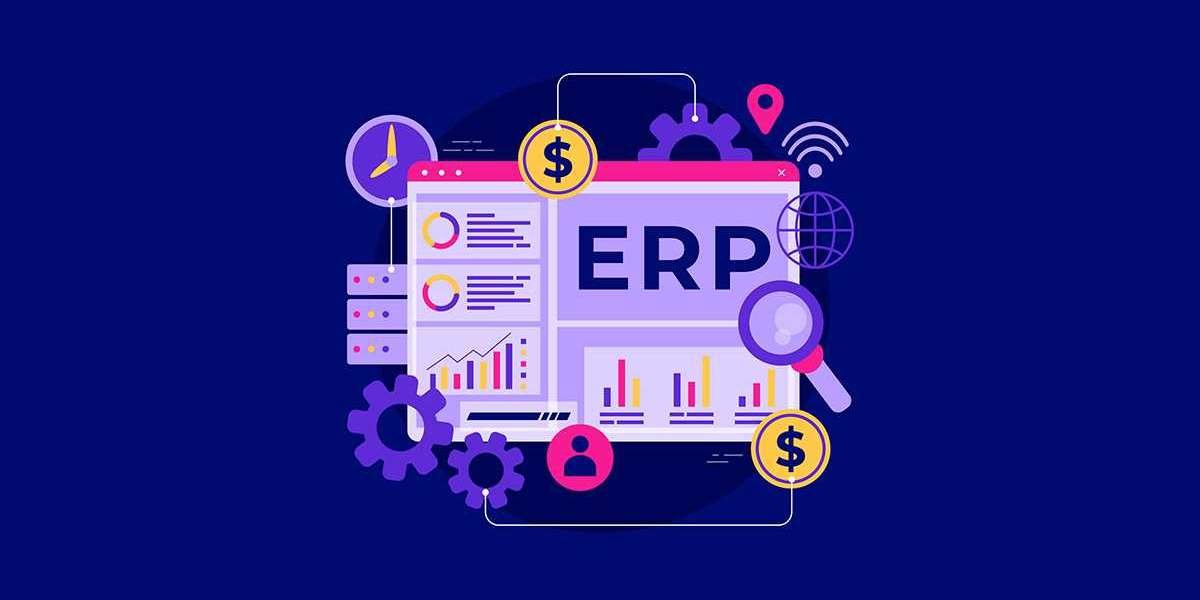Creating ERP systems calls for meticulous preparation and execution since it is a difficult, multi-stage process. Every phase is absolutely important in making sure the end result satisfies your company requirements and keeps within financial constraints. Knowing the several phases involved helps you to better project the ERP software development costs and guide your company in decisions. The revenue in the Enterprise Resource Planning Software market is estimated to reach US$55.88bn in 2025.
ERP Software Development Costs By Development Phases
1. Discovery Planning Phase
Estimated Time: 2–4 weeks
Cost Range: $3,000 – $8,000
The Discovery and Planning stage is the first part of the ERP development process. During this phase, the project team collaborates with key stakeholders in the company to review its particular needs, define project objectives, and determine potential risks.
Key Activities
- Business needs assessment: Understanding your processes, challenges, and objectives.
- Feasibility study: Analyzing the technical feasibility and the potential ROI of the ERP system.
- Resource planning: Identifying the resources (both human and technical) required for the project.
- Technology stack selection: Choosing the right set of tools, programming languages, and frameworks.
The time spent by business analysts, project managers, and other team members to evaluate requirements guarantees that the next phases are established on a strong basis, so the ERP software development costs during this phase mostly reflect the time invested in this regard.
2. UI/UX Design Phase
Estimated Time: 3–5 weeks
Cost Range: $5,000 – $12,000
An effectively designed ERP system's UX and UI are central to the system's successful adoption. The system can be adopted by users quickly because of its intuitive and simple-to-use architecture, which reduces training time.
Key Deliverables
- Wireframing and prototyping: Creating initial design concepts that visualize the system’s flow and user interactions.
- Interactive prototypes: Building working prototypes that allow stakeholders to interact with the system before development begins.
- Branding and style guide integration: Ensuring that the ERP system's design aligns with the company’s branding and user expectations.
The degree of the design complexity and the needed number of iterations will affect the ERP software development expenses in this stage. The expenses are larger the more customized and refined the design is. Still, investing in this stage pays off over time since it increases the usefulness and user happiness of the system.
3. Core Development Phase
Estimated Time: 3–8 months
Cost Range: $25,000 – $150,000
Your ERP system's heart is the phase of core development. Here, across several sprints all the features and modules are developed, tested, and polished. Usually involving a significant share of the ERP software development expenses, this phase is focused on creating the fundamental components of the system.
Common ERP Modules
- Inventory Procurement: Automates stock management and order processing.
- Finance Accounting: Manages budgeting, accounting, and financial reporting.
- Sales CRM: Tracks sales performance, customer interactions, and leads.
- Human Resources: Handles employee records, payroll, and benefits.
- Supply Chain Management: Streamlines logistics and vendor management.
- Business Intelligence (BI): Provides reporting, analytics, and decision-making tools.
- During this stage, the ERP software development budget can vary substantially based on:
- Complexity of features: Expenses can rise with advanced features such as AI-based automation, specialized processes, and extensive analytics.
- Additional development time and resources will be needed if the ERP needs to interact with third-party applications, such as CRM tools, financial systems, or eCommerce platforms.
Here is also where MVP (Minimum Viable Product) finds application. Starting with an MVP, many companies concentrate on basic capabilities to reduce starting expenses and progressively enhance the system.
4. Testing QA Phase
Estimated Time: 2–4 weeks (ongoing testing during development)
Cost Range: $5,000 – $15,000
Testing and development go hand in hand. The ERP system is bound to be bug-free, secure, and works beautifully under changing conditions during the entire final QA phase. Any issues that were not noticed during the course of development sprints will be identified during the intensive testing.
Types of Testing Involved
- Functional testing: Testing that each feature functions as anticipated.
- Integration testing: Testing that all modules and external systems (such as third-party integrations) integrate perfectly.
- Performance testing: Testing the performance of the system under load, making sure that it can endure huge amounts of data and transactions.
- Security audits: Testing for vulnerabilities and making sure that security protocols for data are in place.
Although ERP software development costs for this phase could seem like an afterthought, they are crucial to guarantee the program satisfies quality criteria and is ready for deployment.














